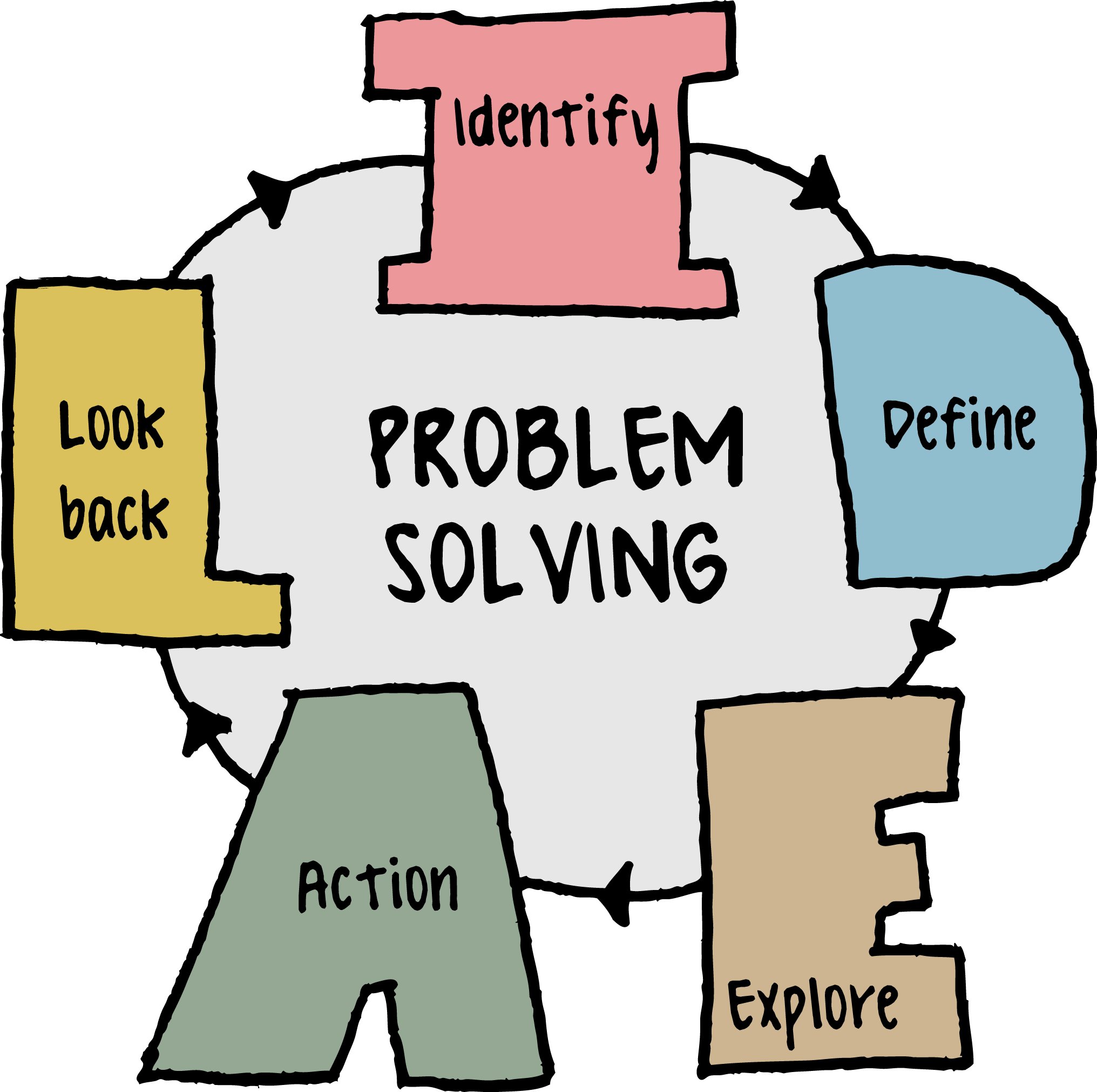| https://lh4.googleusercontent.com/kVUyYElCt8xBDiske23gSCR32eJGztpoMdN9BDfstRjUmybpxBzGe598541AUW3vIFhh8mBE_gop-58wBf-5mXPzpsXlt1qgJuznzvdFGPh79zWw7BQaNKjuEpX1Dxp_5Hy2_6DfWEU |
At
class, the teacher started to introduce new lesson. It's descriptive: it's a
text which says what a person, a thing or place is like.
◘ Purpose:
to describe and reveal a particular person, place or thing. This kind of text
helps us visualize and understand a topic.
◘ Generic
Structure Descriptive text has structure as below:
◘ Identification is to identifying the phenomenon to be described.
◘ Description is to describe the phenomenon in parts, qualities, or/and characteristics.
◘ Identification is to identifying the phenomenon to be described.
◘ Description is to describe the phenomenon in parts, qualities, or/and characteristics.
Language
feature
◘ Using attributive
and identifying process.
◘ Using adjective and classifiers in nominal group.
◘ Using simple present tense.
◘ Using adjective and classifiers in nominal group.
◘ Using simple present tense.
Question
ask as we read: (it helps me so much when I read).
♦ What is being described?
♦ How does the author organize the description?
♦ How do all of the details fit together?
♦ How does the author organize the description?
♦ How do all of the details fit together?
| http://kids.nationalgeographic.com/content/dam/kids/photos/animals/Bugs/H-P/monarch-butterfly-orange-flower.jpg |
| http://jonlieffmd.com/wp-content/uploads/2012/02/Ant-individual-.jpg |
When
she had already explained detail and structure of the description, she opened the
presentation about the animals for to be an example of description like a green butterflies, ants, and Komodo dragon.
 |
| https://s-media-cache-ak0.pinimg.com/originals/c3/88/17/c38817a3a8bc99a27d18ac6b92405532.jpg |
| http://cdn.reptilepark.com.au/wp-content/uploads/2015/12/monitors_komodo_dragon4-1030x634.jpg |
After
that, she assigned to do exercise and made mind mapping about the special
heading as a size, senses, habitat and diet.








